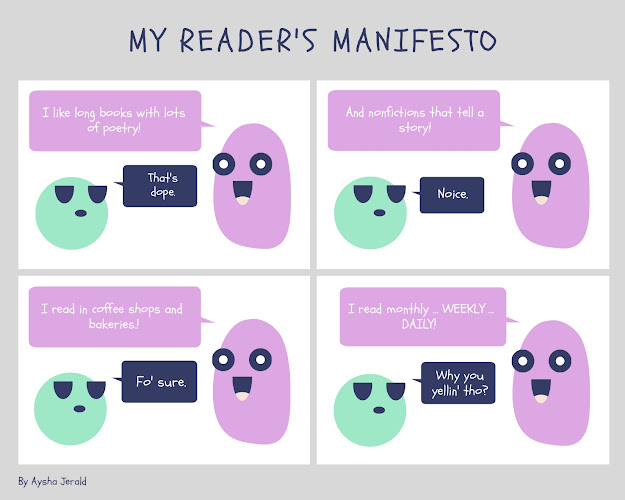Kittle Review
On any other day, I am a big fan of Penny Kittle. Some of her articles and works have truly inspired my journey to becoming an educator. However, after reading chapters two through four of her Book Love: Developing Depth, Stamina, and Passion in Adolescent Readers, I've found myself to be disappointed in Kittle, especially after reading Jennifer Buehler's Teaching Reading with YA Literature: Complex Texts, Complex Lives.
Whereas Buehler elevates the importance of YA literature, Kittle subtly does the opposite. The ideas that she raises in the three chapters are controversial. For instance, when talking about a reluctant reader, Kittle says, "[His] willingness to read is impacted by his skill level, and his skills, of course, are impacted by his willingness to work on them. These foundations of independent reading are critical to understanding why teenagers have stopped reading in high school" (12). In that quote, Kittle seems to be saying the reason the reader is reluctant is because there is a problem with his skillset. She blames the student's reading level as the reason for his neglect. However, she does not even consider the content of the assigned text as an issue. Perhaps, it is not the complexity of the syntax that dissuades readers. Perhaps, it is instead the content that is the culprit. That said, if we want to truly understand why teenagers have stopped reading in high school, we need to stop analyzing their skillsets and start analyzing the flaws in the texts we give them. Frankly, I believe the reason Kittle's student stopped reading was due to a disinterest in the storyline, not a struggle with comprehension.
Students are smart. They are also resilient in the pursuit of what excites them. On that premise, if you give a student a storyline that truly entices them, they will develop the skillset to read it no matter the complexity of the language. I speak on this from personal experience. In high school, I, an avid reader, would neglect to read literary classics that were assigned to me because I had no interest in the plot. However, upon my introduction to The Great Gatsby, a riveting, suspenseful tale, everything changed. I was unfamiliar with Fitzgerald's writing style, but I learned and adapted to it because I wanted to pursue the storyline. Thus, it is the content, not the language, that can make or break a reluctant reader. The sooner teachers stop pointing their fingers at the student and start pointing their fingers at themselves, the better.
Another quote of Kittle's that clashes with my thinking about teaching YA literature is what she said about popular fiction. Kittle writes, "Popular fiction can entertain, but rarely leaves students stunned by insight or transfixed by the resiliency of humanity" (19). In my opinion, that was a very unintelligent thing to say. Obviously, Kittle hasn't read The Hate U Give, Lily and Dunkin, Internment, Dear Martin, or any other stunning, insightful, and transfixing YA novel of the past decade. It is this mindset that puts her at odds with her students. She will never be able to understand their reluctance if she doesn't stop to analyze her own.
I do not mean to attack Kittle. However, reading YA novels this summer has made me powerfully aware of the importance of these novels in the classroom and in ELA curriculums. These past few weeks I've felt myself becoming extremely protective of popular fiction and YA novels. This is because I see my future students in them. I see their lives -their hearts, tears, concerns. If we want to understand and connect with our students, we need to read what they read. Teach what is already felt and understood. Redefine complexity, "hard" or "easy" readings. Do not change what they read. Change what we read.

Comments
Post a Comment